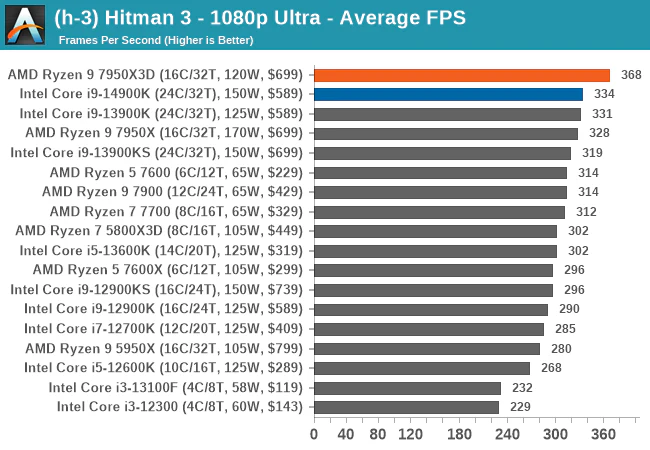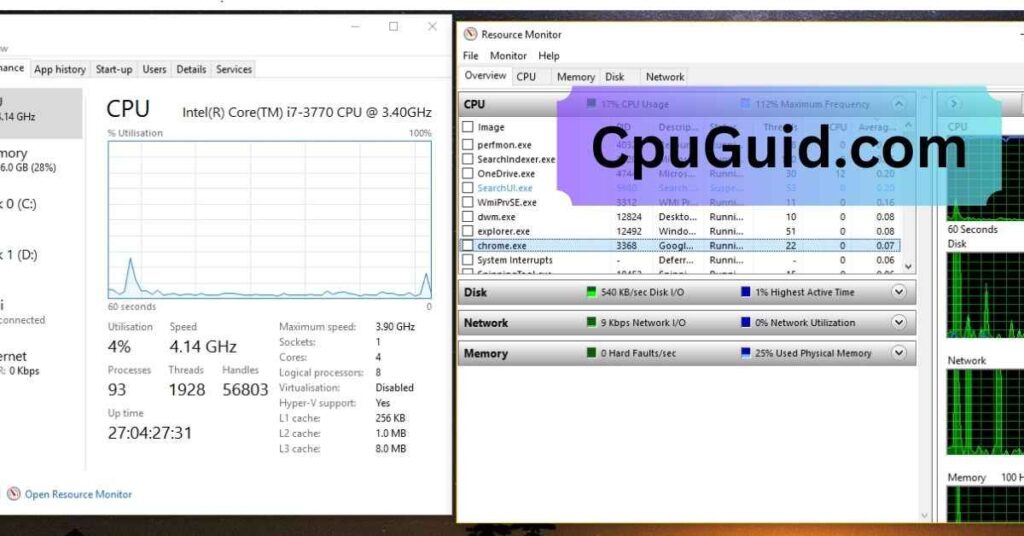Discover the most CPU-intensive games like Civilization VI and Flight Simulator 2020, and learn why they demand powerful processors.
In this article, we explore what makes games CPU-intensive and list popular titles like Civilization VI and Cities: Skylines that rely heavily on processors. We also provide practical tips to optimize performance and recommend the best CPUs for gaming. Whether you’re upgrading or tweaking settings, this guide ensures a smoother gaming experience.
What Makes a Game CPU Intensive?

CPU-intensive games place a significant load on the processor because of their reliance on complex calculations, logic, and interactions. These tasks can include:
- Physics Simulations: Realistic physics, such as in destruction-based games or those with fluid dynamics, can tax the CPU.
- AI Pathfinding and Decision Making: Games with detailed AI systems require constant processing to make non-player characters (NPCs) react dynamically.
- Large Open Worlds: Massive maps with dynamic elements, such as weather systems, NPCs, and real-time updates, need the CPU to manage multiple concurrent processes.
- Multiplayer Systems: Handling large-scale multiplayer servers with dozens or hundreds of players involves significant CPU work.
Examples of CPU-Intensive Games:
Here’s a list of some popular CPU-intensive games and why they demand so much from your processor:
1. Civilization VI:
- Why It’s CPU-Intensive: The turn-based strategy game relies heavily on the CPU for simulating AI opponents, managing city states, and handling resource allocation across large maps.
- Gameplay Impact: Late-game turns with multiple AI players can result in noticeable slowdowns if your CPU isn’t up to par.
2. Cities: Skylines
Why It’s CPU-Intensive: As a city-building simulation, Cities: Skylines tracks thousands of individual citizens, their behaviors, and traffic systems in real-time.
Gameplay Impact: Larger cities with complex layouts can bring weaker CPUs to their knees.
3. Total War Series:
- Why It’s CPU-Intensive: These games combine turn-based strategy with real-time battles involving thousands of units. The CPU handles unit AI, pathfinding, and battle calculations.
- Gameplay Impact: Large battles and campaign map processing demand a high-performance CPU.
Read More: Do Cpu Come With Cooler – Everything You Need to Know!
4. Grand Theft Auto V (GTA V):
- Why It’s CPU-Intensive: The massive open world of Los Santos relies on the CPU for pedestrian AI, traffic simulation, and dynamic events.
- Gameplay Impact: Running mods or increasing draw distances adds even more strain on the CPU.
5. Flight Simulator 2020:
- Why It’s CPU-Intensive: The game’s detailed simulation of weather, physics, and real-world air traffic puts a heavy load on the processor.
- Gameplay Impact: To achieve smooth performance, especially at higher settings, a high-core-count CPU is recommended.
6. Assassin’s Creed: Odyssey
- Why It’s CPU-Intensive: The large, detailed world with numerous NPCs and intricate AI systems depends heavily on the CPU.
- Gameplay Impact: While a powerful GPU enhances visuals, the CPU ensures that the game’s systems operate smoothly.
7. Minecraft (Modded):

- Why It’s CPU-Intensive: Modded versions of Minecraft add intricate systems like complex redstone contraptions, dynamic lighting, and AI behaviors that demand more from the CPU.
- Gameplay Impact: Mods like OptiFine can optimize performance, but extensive modifications require a robust processor.
8. The Witcher 3: Wild Hunt
- Why It’s CPU-Intensive: Although primarily GPU-heavy, its complex AI systems, weather mechanics, and NPC interactions make it demanding on the CPU.
- Gameplay Impact: Large cities like Novigrad test your CPU with numerous NPCs and dynamic interactions.
How to Identify If a Game Is CPU-Intensive?
Here are a few ways to determine whether a game will stress your CPU:
- Check the System Requirements: Games often list a recommended CPU alongside the GPU in their system requirements.
- Look at Gameplay Features: Features like large open worlds, realistic physics, or advanced AI often indicate high CPU usage.
- Monitor Performance: Tools like MSI Afterburner or Task Manager can show CPU usage while gaming. Spikes in CPU usage suggest a processor bottleneck.
Tips for Optimizing Performance in CPU-Intensive Games:
1. Upgrade Your CPU:
For the best performance, consider upgrading to a processor with more cores and higher clock speeds. Games like Civilization VI benefit from strong single-thread performance, while Flight Simulator 2020 may take advantage of multiple cores.
2. Adjust Game Settings:
Lowering settings such as:
- Draw distance
- Number of NPCs
- Physics quality
- Shadow detail
These tweaks reduce CPU workload without sacrificing too much visual fidelity.
Read More: Is 40c Good For Cpu – A Comprehensive Guide to CPU Temperatures!
3. Optimize Background Processes:
Close unnecessary applications running in the background to free up CPU resources.
Use a tool like Razer Cortex or Game Mode in Windows to prioritize CPU resources for your game.
4. Overclock Your CPU:
If you have a compatible CPU and motherboard, overclocking can boost performance. However, ensure proper cooling to avoid overheating.
5. Invest in Faster RAM:
Faster and higher-capacity RAM can reduce bottlenecks, especially in games that rely on real-time data processing.
6. Keep Drivers Updated:
Regular updates to your motherboard chipset and CPU drivers can improve compatibility and performance in newer games.
Best CPUs for CPU-Intensive Games:

If you’re looking to upgrade your CPU for better gaming performance, here are some top recommendations:
High-End CPUs:
- AMD Ryzen 9 7950X
- Intel Core i9-13900K
Mid-Range CPUs:
- AMD Ryzen 5 7600X
- Intel Core i5-13600K
Budget-Friendly CPUs:
- AMD Ryzen 5 5600G
- Intel Core i3-12100F
FAQ’s
1. What makes a game CPU-intensive?
Games that rely on complex calculations, AI interactions, and large dynamic worlds are CPU-intensive.
2. Are open-world games more CPU-intensive?
Yes, open-world games often require the CPU to manage NPCs, physics, and real-time events.
3. Can a weak CPU affect gaming performance?
A weak CPU can cause lag or slowdowns, especially in games with detailed simulations or AI.
4. Which games are most CPU-intensive?
Titles like Civilization VI, Flight Simulator 2020, and Cities: Skylines are known for their heavy CPU usage.
5. How can I improve performance in CPU-intensive games?
Optimizing settings, upgrading your CPU, and closing background tasks can help improve performance.
Conclusion:
CPU-intensive games are some of the most engaging and immersive titles, thanks to their complex systems and realistic mechanics. However, these games demand a powerful processor to run smoothly. By understanding what makes a game CPU-intensive, monitoring your system performance, and optimizing settings, you can enjoy these titles without significant slowdowns. If necessary, investing in a better CPU will ensure your gaming experience remains top-notch for years to come.



